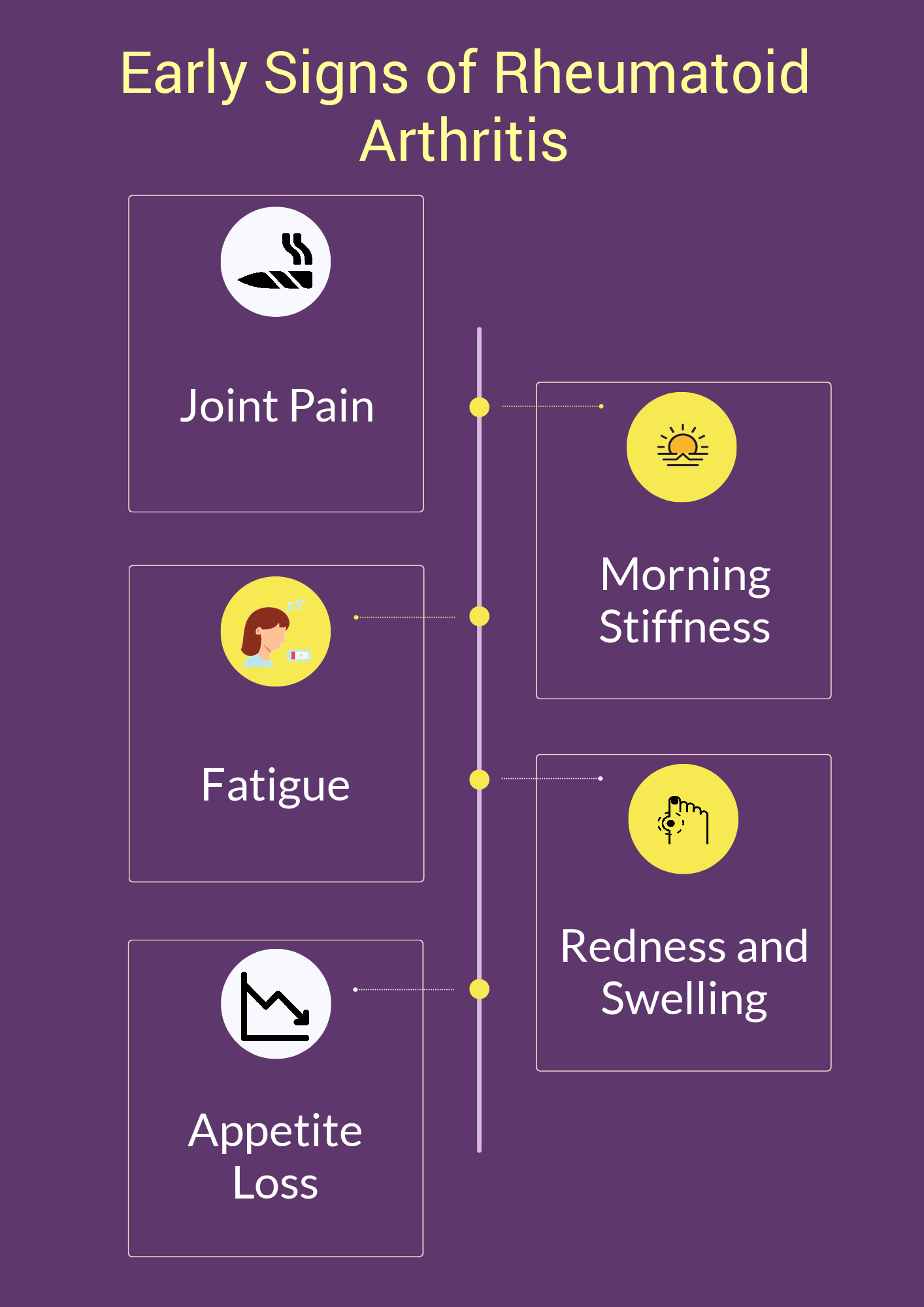In recent years, awareness about autoimmune conditions has been on the rise. One such condition is rheumatoid arthritis (RA). A crucial part of diagnosing RA is the presence of Anti-CCP antibodies. These antibodies can tell us a lot about what’s happening in your body. Understanding them is essential for managing your health effectively.
I. Introduction to Rheumatoid Arthritis and Anti-CCP
Rheumatoid arthritis (RA) affects millions in India. It causes pain and stiffness in the joints, impacting daily life significantly. The condition can sometimes lead to permanent joint damage if not caught early.
One critical marker for RA is Anti-CCP antibodies. These are proteins found in the blood of many people with RA. They play a role in the immune system and can often predict the disease’s severity.
In this blog, we’ll dive deep into what Anti-CCP antibodies mean for your health, especially if you suspect or have been diagnosed with RA. Our goal is to make everything about Anti-CCP clear and understandable to help you take informed steps towards your health management.
II. Dissecting Anti-CCP Antibodies
So, what are Anti-CCP antibodies? They are a type of protein that the immune system mistakenly makes. It targets specific proteins in the body, called cyclic citrullinated peptide.
Cyclic citrullinated peptide serves as a clue for spotting rheumatoid arthritis early. People with RA often have high levels of these antibodies. Having these antibodies helps doctors diagnose RA more accurately.
The Anti-CCP test is more reliable in detecting RA compared to some other tests. Higher levels of Anti-CCP often imply more active or severe rheumatoid arthritis.
III. The Anti-CCP Test: What You Need to Know
The anti CCP test and anti CCP ab test are simple blood tests. They measure the level of Anti-CCP antibodies in your blood.
Before taking the test, your doctor might discuss your symptoms and medical history. This consultation ensures you are well-prepared and aware of what to expect.
Regular Anti-CCP testing is crucial. It helps in tracking the progress of the disease and adjusting treatments accordingly. So, it’s not just a one-time test but part of ongoing monitoring.
IV. Early Detection: Your Key to Better Outcomes
Catching rheumatoid arthritis early makes a world of difference. Early detection can slow down the progression of the disease.
Regular check-ups with your doctor can foster open communication. This ongoing dialogue helps in promptly addressing any changes in your condition.
Numerous patients in India have benefited from early intervention. Success stories often highlight improved quality of life, with reduced symptoms and better management of RA.
V. Personal Narratives: Experiences from India
Many individuals in India have shared their journeys after being diagnosed with high Anti-CCP levels. The emotional and physical challenges can be daunting but overcoming them is possible.
Navigating life post-diagnosis involves dealing with hurdles like pain management and mobility issues. Personal stories reveal how patients cope with these challenges using support from healthcare providers and loved ones.
Community support and shared experiences can offer comfort and strength. They remind you that you’re not alone and provide a platform to share tips and encouragement.
VI. Lifestyle and Diet: Managing Anti-CCP Levels Effectively
Adjustments in lifestyle can significantly ease RA symptoms. Here are some tips:
- Exercise Regularly: Gentle activities like walking or swimming can strengthen muscles without straining joints.
- Balanced Diet: Embrace locally available foods like turmeric and ginger. They are known for reducing inflammation.
- Avoid Stress: Practice relaxation techniques like yoga or meditation.
Overall, combining these lifestyle changes with medical treatment promotes better health and well-being.
VII. Treatment Avenues in India for Anti-CCP Positivity
India offers many treatment options for those with high Anti-CCP levels. Conventional therapies include medications that reduce inflammation and slow down joint damage.
Alternative treatments, like Ayurveda and yoga, are also popular. They provide holistic approaches that complement modern medicine.
Being actively involved in making health decisions is crucial. Patients should work closely with their doctors to choose the best treatment plan for them.
VIII. Understanding Anti-CCP Versus Other RA Markers
Anti-CCP antibodies and rheumatoid factor (RF) are both RA markers but they aren’t the same. Anti-CCP is more specific and can appear before RA symptoms do.
This makes Anti-CCP a unique indicator of how RA might progress. It helps doctors adjust treatment plans effectively, ensuring personalized care.
Understanding these differences improves the way you approach treatment and helps in better managing your condition.
IX. The Clinical Impact of Anti-CCP Beyond Joints
While Anti-CCP primarily affects joints, it can also impact other parts of the body.
Keeping an eye on overall health is important. Comprehensive evaluations help in identifying any additional effects and are a vital part of holistic treatment strategies.
Holistic treatment means looking beyond just joint issues. It considers overall health, emphasizing wellness in every aspect of life.
X. Educating and Empowering Patients: Enhancing Self-Advocacy
Understanding your health condition empowers you to advocate for yourself. Learning about Anti-CCP helps you make informed choices.
When you visit your doctor, effective communication is key. Be clear about your symptoms and concerns to get the best care.
XI. Preparing for Doctor Visits: Quick-Reference Questions
When discussing Anti-CCP with your doctor, consider these questions:
- What does my Anti-CCP level mean?
- How often should I get tested?
Staying proactive during consultations ensures you are actively participating in your treatment plan.
XII. Conclusion: Taking Charge of Your Health Journey
We’ve discussed Anti-CCP and its impact on your health. Remember, knowing more empowers you to make healthier choices.
Proactive health management helps in controlling RA and leading a balanced life. Keep learning and connecting with communities for support.
Join a community, share your experiences, and learn from others. Together, navigating this journey becomes a lot easier.
